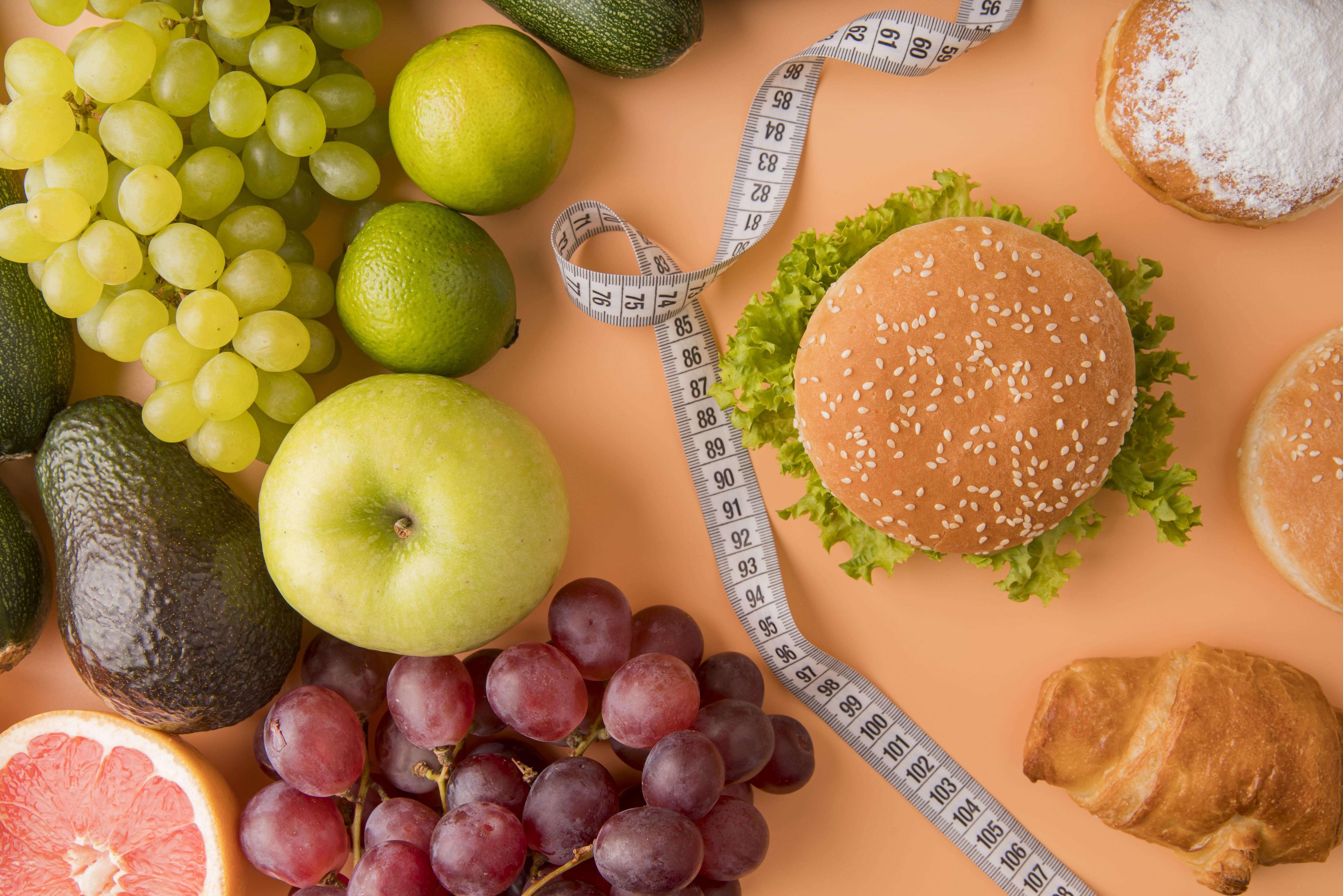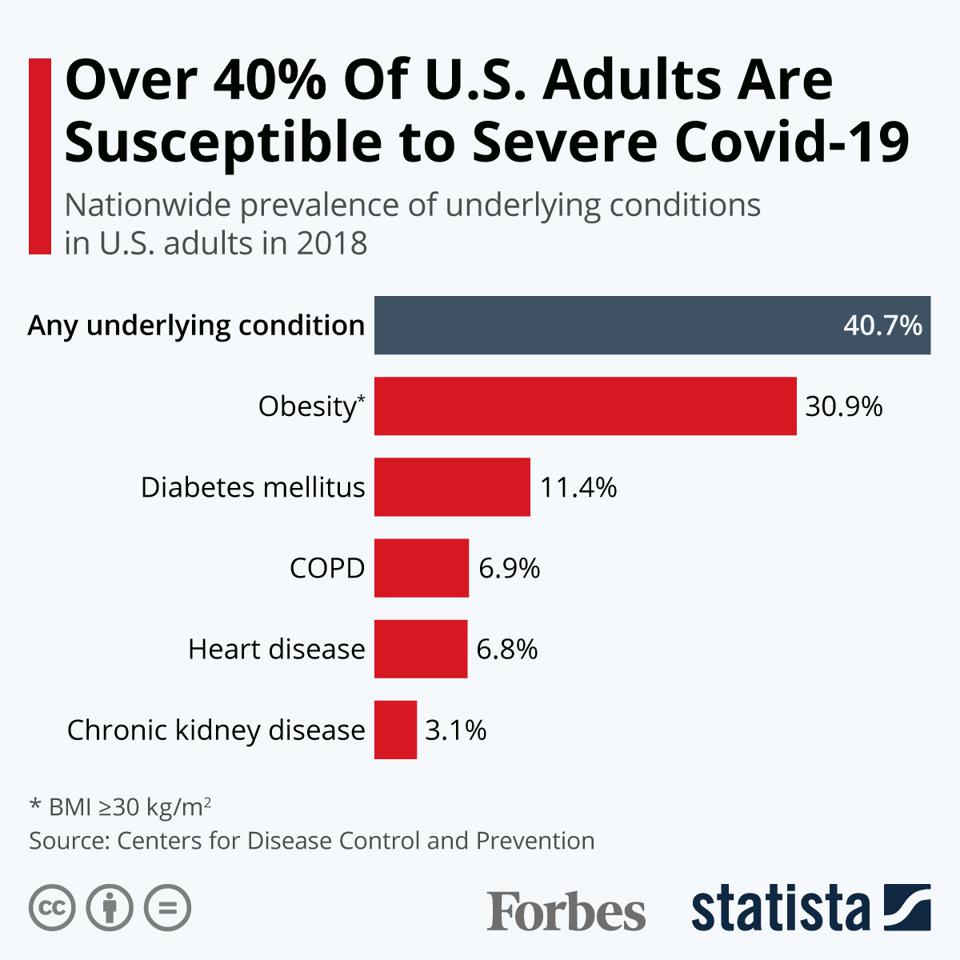
Heart disease continues to be the number one killer in America. Heart disease is largely preventable with proper lifestyle habits. The following are just a few of them. It is healthy for your heart to eat fruits and vegetables. A great way of lowering your risk of heart disease is to stop smoking. Keep in mind that exercise can help lower blood pressure. But how can you avoid developing heart disease?
Exercise reduces risk of heart disease

While many people know that exercise can help lower your risk of heart disease and add years to your life, they may not know how much exercise they need. Exercise is an insurance policy for your heart, offering both long-term and short-term protection. Even a single exercise session can provide protection for your heart for up to two hours. The American Heart Association recommends getting at least 30 minutes of moderate to vigorous exercise five to six times per week.
The heart-healthy foods of fruits and vegetables are fruits and vegetables
Even though it is difficult to ignore the unhealthy saturated fats and cholesterol found in processed foods and foods, fruits or vegetables are one of the most nutritious foods you can eat. A cup of raw broccoli contains a lot of beta carotene. It also has many vitamins and mineral, like vitamin C or folate. Broccoli is also a great vegetable to add to a salad or soup, and it is high in fiber. Other heart-healthy vegetables and fruits include cucumber, cantaloupe and asparagus.
Stop smoking to lower your chance of getting heart disease
Although nicotine is the main ingredient of cigarette smoke, other chemicals in cigarette smoke can also cause damage to your heart. The walls of your arteries can be damaged by carbon monoxide, tar, and other chemicals. Both of these chemicals will increase your blood pressure. They also cause your heart rate and heart rate to speed up. They also cause damage to your lungs. To add to these, smoking can also cause lung cancer. You can quit smoking, and there are many advantages.
Exercising lowers blood pressure

Regular exercise is one way to lower blood pressure. It can take up to three months for blood pressure to drop. Exercise is only good as long as it's continued. Aerobic exercise can be incorporated into your daily life by walking, jogging or biking. You can also try lifting weights and performing high-repetition exercises with low weights. Your blood pressure, lifestyle, and other factors will all affect how much exercise can be done.
A healthy heart is possible by getting enough sleep
Numerous studies show that inadequate sleep is associated with death and cardiovascular disease. There is more research that shows a connection between sleeping disorders, and cardiovascular disease. People who suffer from a variety common sleeping disorders are more susceptible to developing cardiovascular conditions like plaque buildup, arrhythmias and coronary artery disease. Some neurological sleep disorders also increase risk of cardiovascular disease. For the most part, getting enough sleep is essential for good cardiovascular health.
FAQ
What Weight Loss Can You Expect In One Week?
Your current body fat percentage will determine how much weight you can lose. To begin, you need to determine how much weight that you would like to lose. Next, find your BMI (Body Mass Index). Your BMI indicates how much weight we should lose to achieve our goal. If your BMI is 25 or greater, you're overweight. If your BMI exceeds 30, you may be obese.
For example, let's say you have a BMI of 28.7 and are 200 pounds. To drop to a healthy range of weight, you will need to lose approximately 70 pounds. To see if you're overweight, visit www.healthyminds.com/bmi/.
Once you have your BMI, you are able to use this formula for calculating how many pounds each week you will lose.
(Your Goal Weight - Current Weight)/BMI * 7 Number Of Pounds Lost Per Week
If you want to lose 50 pounds in one month, you'd need 2 weeks' worth of exercise, which equals 56 days, divided by 7 pounds lost per day. That's 8.3 pounds per week.
You could also try this calculator from www.weightlosscalculator.net. It gives you a rough estimate of how many calories you should eat daily to lose 1 pound per week.
Can intermittent fasting interfere with my sleep?
Intermittent fasting can affect your sleep. Your hunger hormones can rise if you skip meals. You might find yourself awakened at night due to your hunger hormones.
Experts suggest skipping breakfast. Instead, they suggest having a light snack before bedtime.
If you are still hungry after your snack, you can eat a small dinner right before you go to bed.
Don't overeat. Otherwise, you'll end up gaining weight instead of losing it.
What side effects can intermittent fasting have?
There are no known negative side effects of intermittent fasting. Some minor issues might occur if you do not plan your meals properly.
For example, if you skip breakfast, you might be irritable all day long. Headaches, dizziness, fatigue and muscle cramps are all possible.
These symptoms typically disappear in a matter of days.
How long does it take for you to lose weight?
It takes time for weight loss. It usually takes six months to lose 10% of your total weight.
It is important to realize that weight loss should not be expected overnight. Your body needs time to adjust to new dietary changes.
This means that you should gradually change your diet over several days or weeks.
You should also stop trying fad diets. They don't work. Instead, you should focus on changing your daily routine.
If you eat unhealthy snacks at night, you might want to cut back.
You should eat healthier meals in the morning. This way, you'll avoid snacking later in the night.
Water is essential for your body. Water keeps your body hydrated and prevents dehydration. Dehydration causes you to feel fatigued and slow.
You will stay more energized and focus if you drink lots of water throughout your day.
Finally, you should reduce stress levels by doing things that relax you. You can spend time with family members, for example.
You could also read books or watch movies, or listen to music.
These activities will help you unwind from stressful situations. They can also help improve your moods and self-esteem.
So, when you're trying to lose weight, you should always think about your health first.
Your physical fitness is an indicator of overall health. You should eat right and exercise regularly if you want a fit body.
What should you eat while intermittent fasting?
To lose weight, the best thing to do is cut back on carbs. This means you have to cut back on carbs such as bread, pasta rice, potatoes, and any other carbohydrate-based food.
You'll also want to avoid eating too much protein because it keeps you full longer. So you won't feel hungry as often.
Instead, focus on foods that contain healthy fats, such as olive oil, avocado, nuts, and seeds. These foods can keep you satisfied for hours after they are eaten.
It is vital to ensure that you are drinking enough water. Hydration is key to burning fat.
Sometimes you may feel compelled to eat these foods even if you're not fasting. But that doesn't mean you have to give in to those cravings. You might gain more weight if you do.
Try to limit how many calories you eat each day. This will help prevent you from overeating. Instead of reaching for another snack, sip a glass of water when you feel hungry.
It may sound counterintuitive but this has been shown to help you lose weight. In a study published by Obesity, it was found that people consumed less calories if they drank plain water instead of sugary drinks.
In addition, drinking plain water helped reduce feelings of hunger. You can lose weight by avoiding sweetened drinks and sticking to water.
You don't have to eat every calorie or avoid certain foods if you are trying to lose weight. Instead, you should make small lifestyle changes.
You can swap your breakfast sandwich for an oatmeal bowl. Try swapping your afternoon cookie to a piece or fruit.
These easy changes can help you lose weight and keep your kitchen clean.
Statistics
- According to a study sponsored by the American Council on Exercise, a person weighing around 140 pounds (64 kg) would burn 108 calories at a 30-minute beginner's Pilates class or 168 calories at an advanced class of the same duration (26). (healthline.com)
- It's estimated that half of all American adults attempt to lose weight every year (1Trusted (healthline.com)
- According to Harvard Health, it's estimated that a 155-pound (70-kg) person burns roughly 112 calories per 30 minutes of weight training (5). (healthline.com)
- Another study found that 24 weeks of weight training led to a 9% increase in metabolic rate among men, which equated to burning approximately 140 more calories per day. (healthline.com)
External Links
How To
How to get rid of weight
It is one of best ways to lose weight. Many people don't know how to exercise properly. Cardio exercises should include running, biking, swimming, walking, etc. and strength training exercises like lifting weights, pulling-ups or pushing ups, squats and lunges. Combining both of these exercises will help you lose weight the most. Begin exercising by finding friends to help you. You can either go to the gym or walk around your local area. No matter what type of exercise you choose, it is important to stick with it. It's very easy to get off track when you first start working out, so don't give up if things aren't going well right away. Keep going!